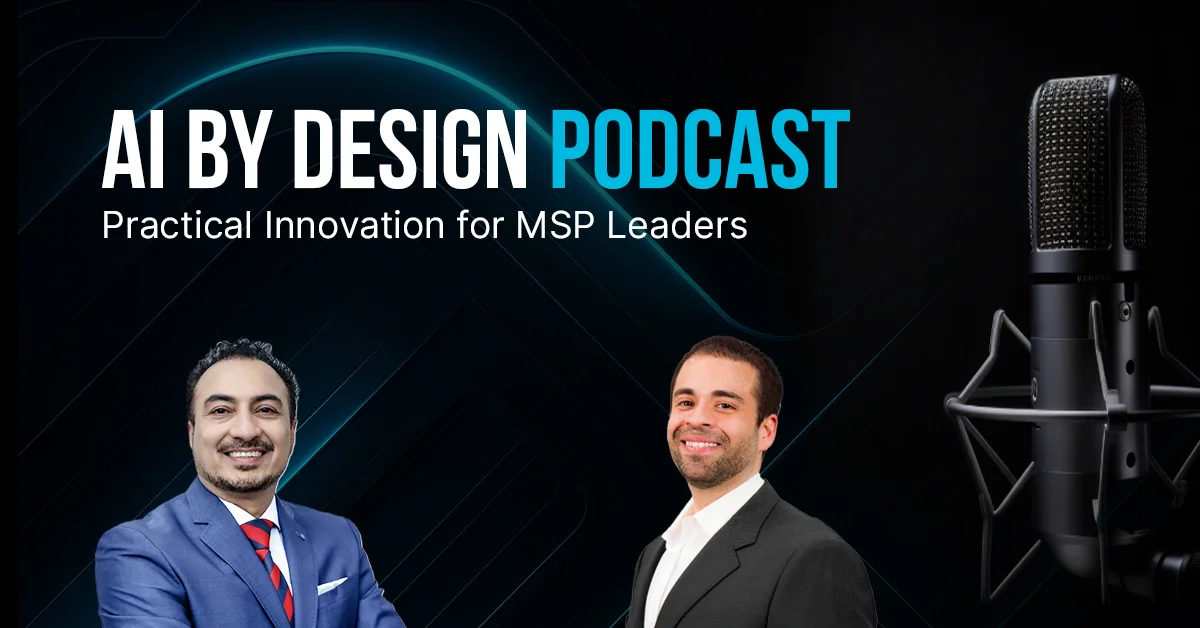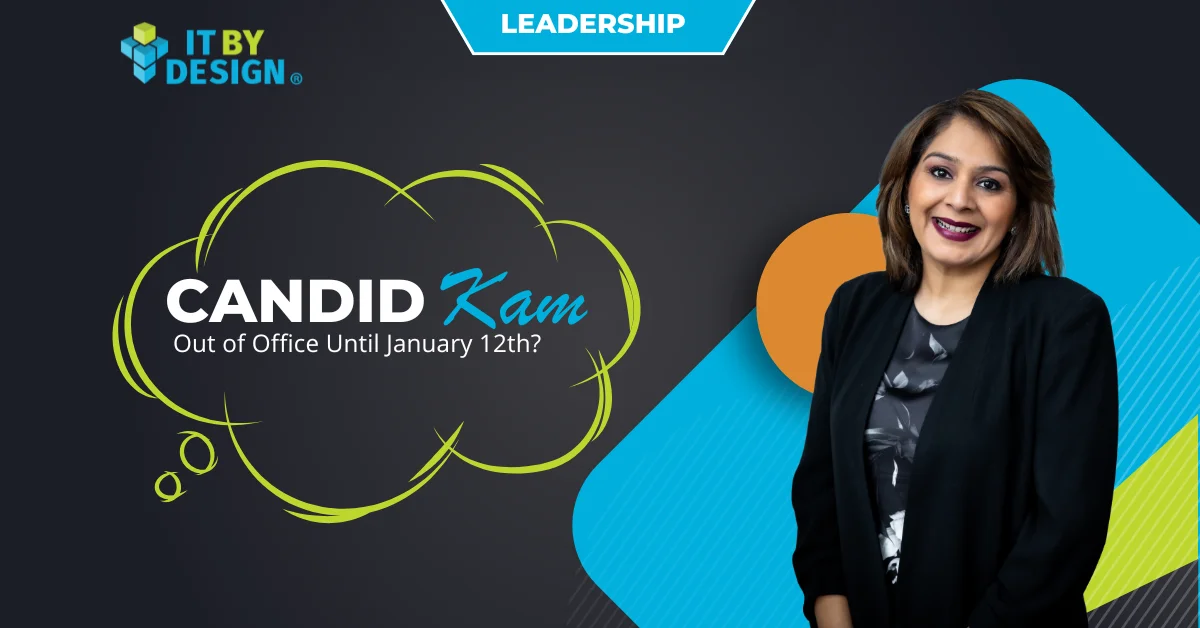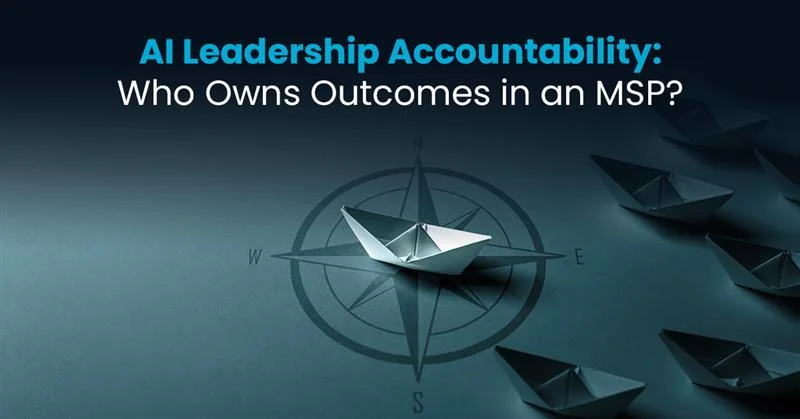Strife is an inherent part of human interaction, from small disagreements to large blowout disputes. In the technology realm, knowing how to handle these situations can make a significant positive impact on daily operations.
Defined as a clash of interests, values, or goals, conflicts can arise between MSPs and their clients, within internal teams, or even among services providers themselves. Effectively managing friction is important for many reasons, such as building and maintaining strong client relationships, ensuring smooth internal operations, and developing a positive work environment.
According to Randstad’s Workmonitor 2023 survey, 34% of employees would quit their jobs if they found themselves in a toxic working environment, and 48% would leave if work prevented them from enjoying their life. Having to deal with conflict on a regular basis puts an enormous strain on workers and can quickly lead to high turnover rates.
The solution is simple: equip leadership with successful ways to properly handle all kinds of interpersonal friction to reduce stress and angst in the workforce. Here are the top seven qualities to focus on.
Key Conflict Management Skills
- Active Listening: Being able to clearly understand clients, colleagues, or partners without interrupting is the first (and most important) skill to develop. Allowing the other party to express their concerns fully lets them feel heard, which can alleviate a majority of the tension. Ask questions when the other person is finished to ensure clarity but be mindful not to mock or tease. Even good relationships can be damaged by ill-timed comments or jokes.
- Emotional Intelligence: Understanding and managing feelings is crucial. Management needs to be aware of their own emotions and those of others involved in the conflict, without a “right-or-wrong” mindset. Empathizing with others and making decisions that consider everyone’s feelings (when possible) is usually the best avenue.
- Problem-Solving: Effective conflict resolution requires identifying the root cause of the issue and finding answers that address the underlying concerns. Neutral positioning and effective problem-solving skills are essential for finding mutually beneficial resolutions, especially if emotions are high between the parties.
- Communication: Leadership must articulate their thoughts and concerns while also being open to feedback and differing perspectives. Nonverbal communication, such as body language and tone, also plays a significant role. Sitting with arms crossed, distracted on the computer, or making faces when someone is explaining their side of the issue is a surefire way to worsen the situation.
- Patience: Disagreements can be frustrating and emotionally charged, depending on the problem. Remaining calm and collected throughout the process is a critical trait because rushing to a resolution can exacerbate the conflict. Paradoxically, if something is time-sensitive, carving out time to weigh the options instead of jumping to a quick fix will usually result in a better outcome.
- Impartiality: Remain objective and unbiased when resolving conflicts, remembering not to take sides. Doing so builds trust and credibility in the resolution process. If management doesn’t listen to all sides of an issue fairly, employees may start to feel like their concerns don’t matter. When that happens, morale can quickly dive, resulting in a more toxic workplace.
- Confidence: Maintaining an attitude of assuredness that the issue will be solved helps create an atmosphere conducive to productive discussions and actual problem-solving. Regardless of the challenge, staying positive that a resolution will be found by working together can defuse tension and encourage cooperation between everyone involved.
How to Utilize the Key Skills
The initial step in conflict resolution is to prevent escalation. Effective leaders remain composed, avoid personal attacks, and focus on addressing the issues at hand rather than assigning blame or pointing fingers. They employ active listening techniques, show empathy, and ask the other party clarifying questions. This demonstrates respect for everyone’s perspective and helps uncover underlying concerns.
After listening to all sides, good leaders analyze the situation to pinpoint the root cause of the conflict. Identifying the core issue is crucial for finding effective and fair solutions.
Once the true cause has been uncovered, encourage all the parties involved to brainstorm solutions together (when applicable). Be open to compromise and creative problem-solving. The goal is to find a resolution that meets everyone’s needs to the best extent possible. If dealing with a client, keep brainstorming internal to prevent the dissolution of credibility.
Once a solution is proposed, ensure that everyone is in agreement. Consensus helps cement commitment to the resolution and reduces the likelihood of future conflicts on similar issues.
After those problems have been worked out, it’s essential to follow up to ensure the proposed solution is working as intended. This proactive approach helps identify any potential issues early in the process and prevents similar concerns from resurfacing.
The Benefits of Effective Conflict Management
The skillful handling of interpersonal problems—no matter the size—can turn a disgruntled client into a loyal one. When customers feel like their concerns are taken seriously and addressed promptly, they are more likely to continue the partnership. Many people consider how issues are handled to be the true indicator of an organization’s character and values.
Internally, having a leadership team equipped with the right skills to address conflict leads to better collaboration, increased productivity, and higher job satisfaction among employees. When workers feel comfortable coming to management with challenges and concerns, many of those problems can be resolved before they turn problematic or disastrous.
Stay Ahead, Remain Confident, Be Open
Mastering conflict management skills allows MSPs to turn issues into opportunities for growth, improve relationships, and enhance client satisfaction. Active listening, emotional intelligence, problem-solving, effective communication, patience, impartiality and confidence are the key traits that leaders must focus on to navigate internal and external strife properly.
Companies can demonstrate professionalism and poise in the face of adversity by avoiding escalation, actively listening, identifying root causes, brainstorming solutions, reaching consensus and following up with the affected parties. Ultimately, the ability to manage conflict is not just a valuable skill—it is a cornerstone of success for managed services providers, ensuring longevity and continued growth in a highly competitive market.








